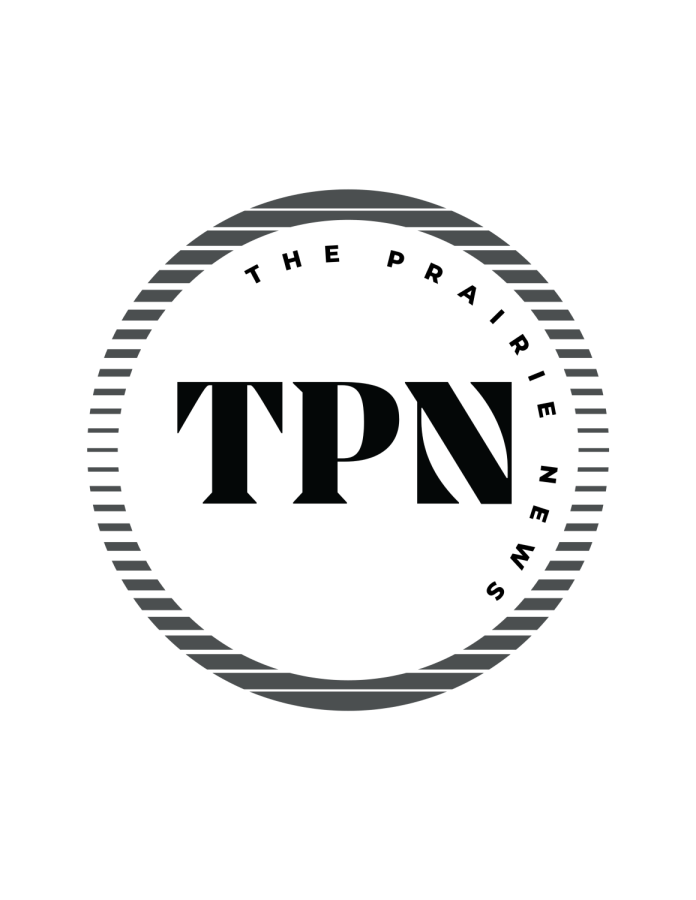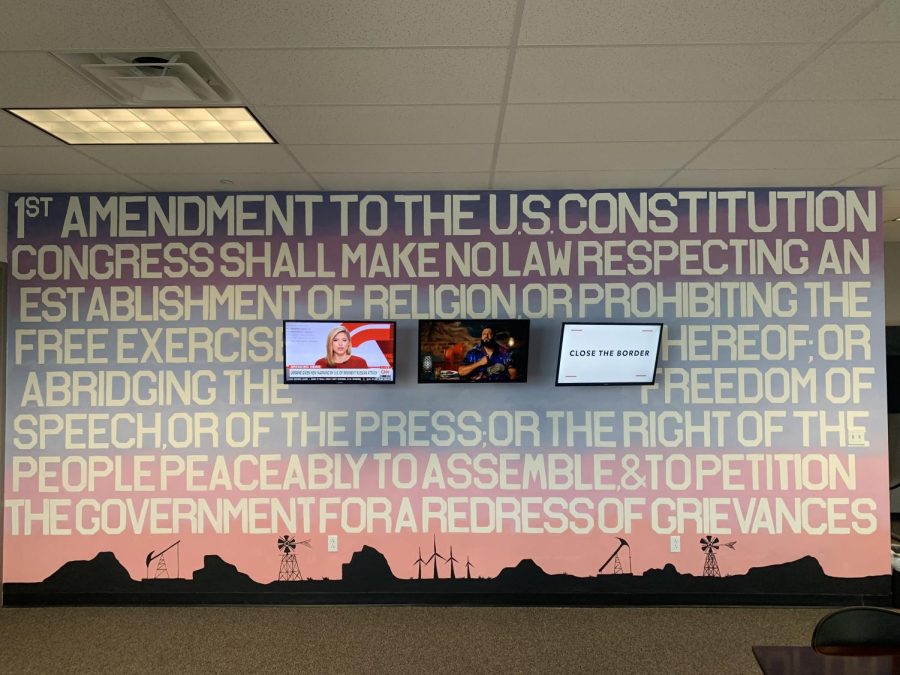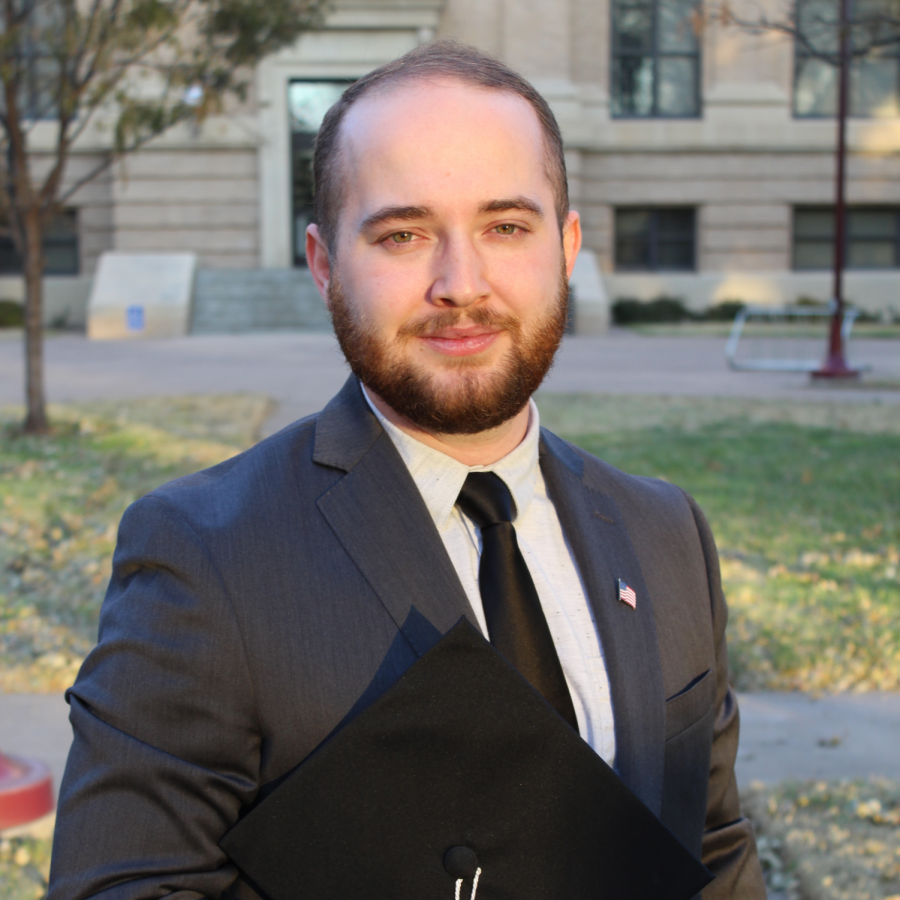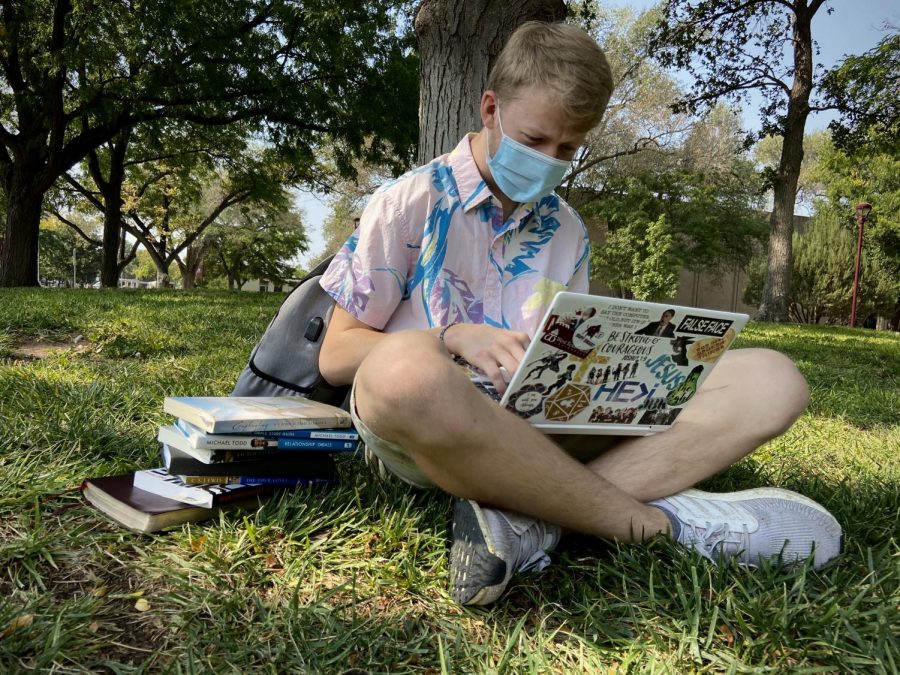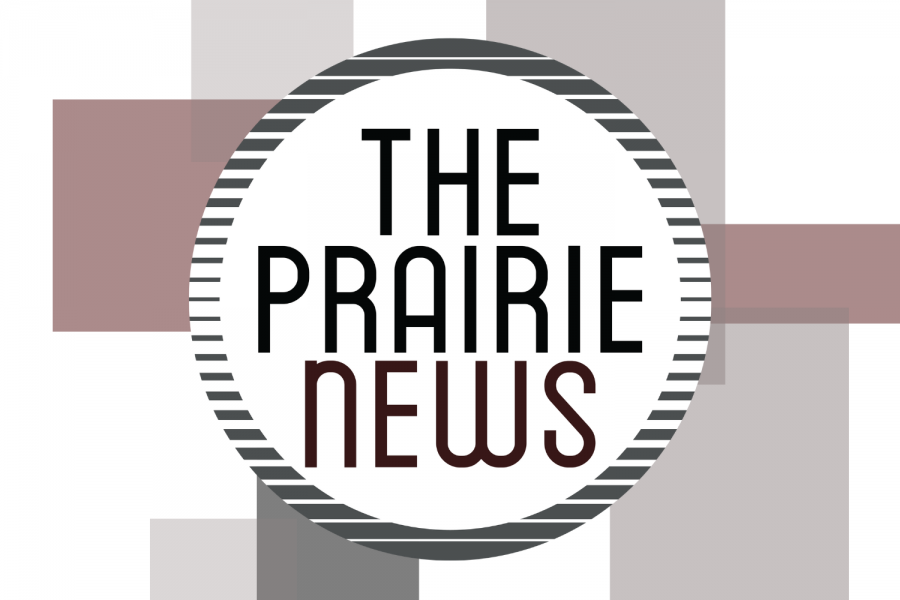Let us know your opinion at [email protected].

Sometimes we do not get the grades that we expected. We go through our graded evaluations and realize where we could have done it better. Other times we still think we deserved a better grade or simply do not understand what our mistakes were. In those moments some questions hang in the air: Am I really learning? How can I improve my grades if I do not know what is wrong?
This is a common concern of students in WTAMU like Maria Clara Castillo, graduate MBA student.
“When most of the tests are done using Scranton and online, usually we don’t get feedback about our mistakes, and because of that it is impossible to recognize where we have to improve in order to have a better understanding of the concepts,” Maria Clara Castillo said.
Asked about this issue Dr. Neil Terry, dean of the College of Business, said that there is not a specific policy regarding the feedback that students expect from their faculty, however it shows up in the courses’ evaluations that students make, which are revised by the department head and the professor himself. Dr. James Hallmark WT provost also explained that there are two kinds of feedback. The first one is the summative feedback that refers to the grades which are the main measure of students performance.
“Faculty must provide grades timely,” Hallmark said.
One of the problems with the formative feedback is that it is more time consuming. Oftentimes professors have to correct not only the relevance of the content, but also the grammar and the compliance with presentation guidelines. In addition to that students are expecting to have clear and complete notes of their mistakes.
All that work must be done within time constraints. Therefore, it is a doable task for small groups, but a difficult one for big classes, and even worse for online sections in which the amount of students can double the biggest classroom and almost all the communication between professor and students is in a written format.
More problems arise when professors do not give back evaluations to students because some of the questions might be used in future evaluations, or when the final paper is submitted the last day of classes, with few expectations of knowing its flaws and attributes.
One of the alternatives is to ask for feedback.
“You really have to go to the professor to know what you got wrong and get help,” Kimberly Alford, a senior Math Education major, said.
Dr. Hallmark also points out other elements to that endeavor, among them the required new faculty orientation for all professors and the peer mentoring program in which a newcomer professor and an experienced one work together to improve their pedagogical skills. However, he also insisted in the student evaluation as a means to acquaint the professor with this concern.
Evidently there is a tradeoff between feedback and time. However feedback is crucial in the learning process. It measures students and professors’ work, enriches their relationship and determines how well that process is achieving its goals.
It is our responsibility to ask for it and the faculty’s responsibility to deliver it. Fortunately, there are also good signals of this commitment.
“I feel comfortable with the feedback so far,”Caitlin Woods, a freshman Animal Sciences major said.
Hallmark said that feedback is a necessary part of the university system.
“We have to have that form of feedback and it is both encouraged and evaluated by the University,” Hallmark said.
Hopefully, more of us will keep that in mind. At the end of the day learning is why we are here.



